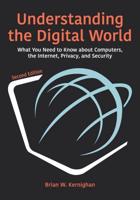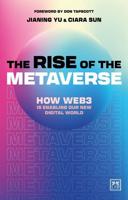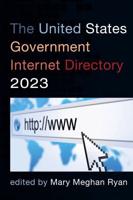Publisher's Synopsis
In a world increasingly driven by digital connectivity, the internet has become an essential tool for education, communication, and economic opportunity. Yet, vast disparities in global internet access persist, creating a significant digital divide that leaves many behind. A Global Approach to Equitable Internet Access dives into the complex and urgent global issue of unequal internet access, exploring the economic, cultural, and legal factors that shape this divide.
Through a comprehensive examination of scholarly debates, this book uncovers the challenges and opportunities presented by the expansion of digital infrastructure. It highlights key points of agreement and contention among experts, offering a nuanced understanding of how access to the internet varies across different regions and communities.
But this book goes beyond analysis-it proposes actionable solutions. From advocating for the expansion of MOOCs and online education platforms to addressing the ethical implications of internet governance and cultural diversity, A Global Approach to Equitable Internet Access presents a compelling vision for a more inclusive digital future. The book concludes by reflecting on the potential trajectory of global internet access and the transformative impact that equitable digital inclusion can have on societies worldwide.
Essential reading for students, educators, policymakers, and anyone interested in the intersection of technology, culture, and global equity, this book offers a vital roadmap for bridging the digital divide and ensuring that the benefits of the internet are accessible to all.









